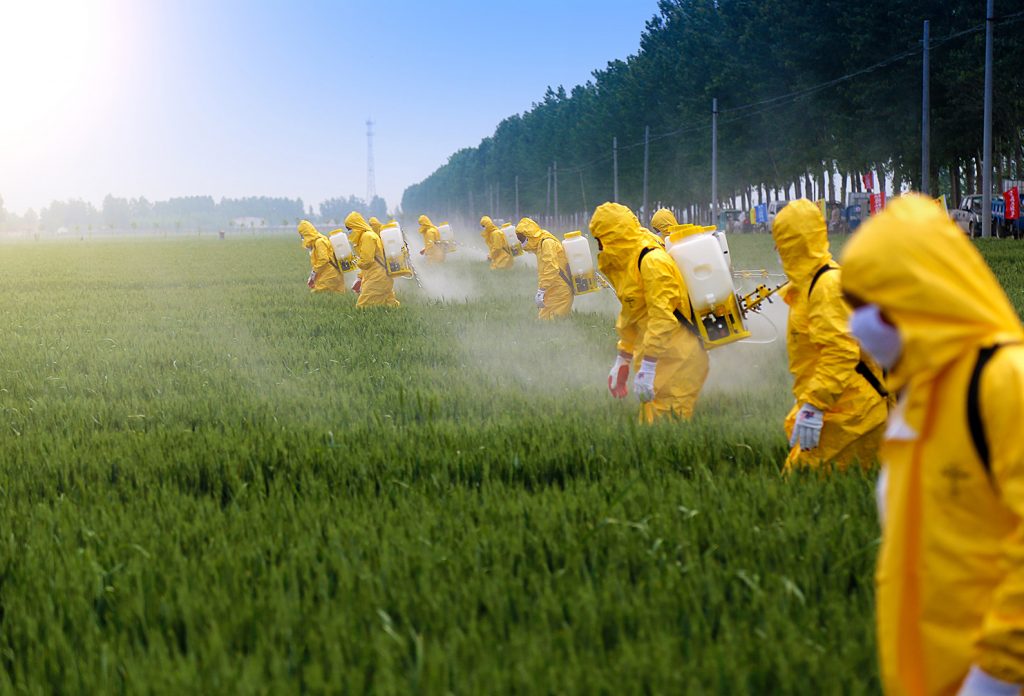
DeWayne Johnson was a groundskeeper and pest control manager for a school district in the San Francisco area. He sprayed Monsanto’s (Monsanto was recently acquired by Bayer AG) RoundUp as part of his job, and at age 42, Johnson was diagnosed with non-Hodgkin’s lymphoma. Johnson filed a lawsuit alleging the glyphosate found in the RoundUp spray caused his cancer. He was awarded $39 million in compensatory and $250 million in punitive damages by a jury.
Other Cases May Be Coming Soon
The sheer size of the $289 million verdict is the main reason Bayer hopes the judge will set aside the verdict. That there are thousands of other lawsuits pending against Bayer AG alleging its RoundUp spray caused cancer is another reason the company has moved to set aside the verdict. Since Johnson’s case was the first to go trial, Bayer is hoping to send a message to the remaining plaintiffs and discourage them from pursuing their cases by getting the judge to set aside the verdict or order a new trial.
Motion to Set Aside The Verdict
After a verdict is issued, a defendant may file a motion to set aside the verdict if it believes the jury erred in its decision as a matter of law. Bayer’s attorneys are claiming that “the evidence at trial does not support the verdict and the damage awards.” Once Bayer asked the judge to set aside the verdict, San Francisco Superior Court Judge Suzanne Bolanos scheduled a hearing to consider the arguments for and against setting aside the verdict.
Prior to that hearing, however, she issued a tentative ruling outlining her intent to set aside the verdict and order a new trial – at least with respect to the punitive damages portion of the award. In addition, the judge is considering whether or not to reduce the amount of the consequential damages award from $33 million to about $9 million. Typically, hearings are not required after tentative rulings are issued, but Judge Bolanos said she would make her final ruling after reading written statements the parties must submit by Friday.
It is unlikely that the judge will overrule her own tentative ruling, but Johnson’s lawyers are hoping their written statement helps to change her mind. They argue that “Mr. Johnson’s story is tragic and could have been prevented if Monsanto had actually showed a modicum of care about human safety.”
The link between cancer and glysophate is hotly debated. In 2015, the World Health Organization found that glysophate is “probably carcinogenic.” However, the European Food Safety Authority says, “the substance is unlikely…to pose a carcinogenic threat to humans.” How can two reputable organizations so greatly disagree on a chemical’s harmfulness?
The jury has spoken in Johnson’s trial, but if Judge Bolanos follows her tentative ruling and sets aside the verdict, Johnson won’t be the only plaintiff affected. Hundreds of other cases just like Johnson’s have yet to go to trial. Many of the other plaintiffs are well into their 70s and ill, so it’s possible the judge’s decision could ripple far beyond just DeWayne Johnson’s life.


